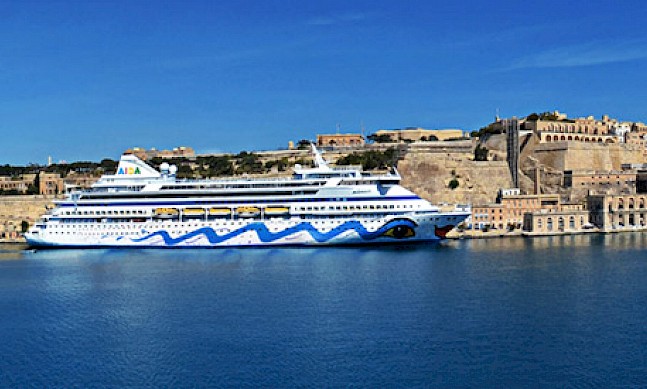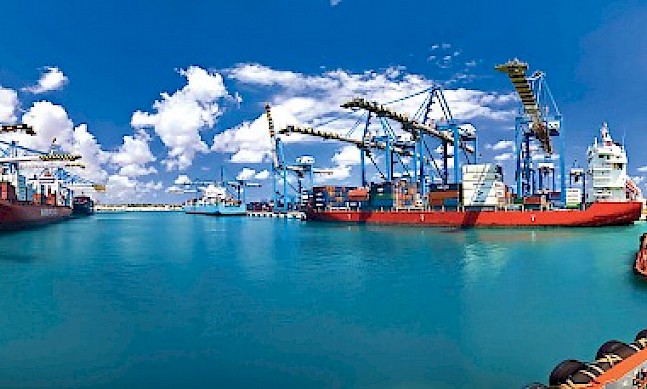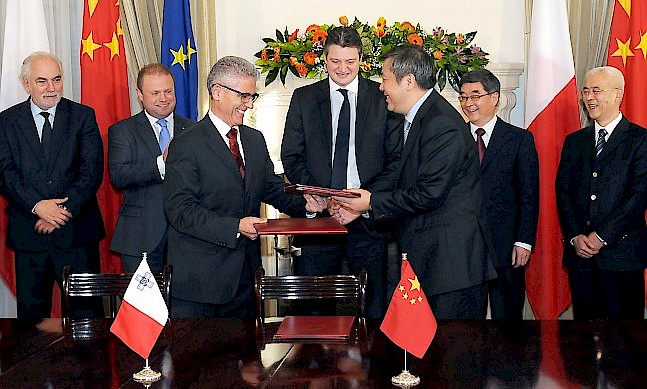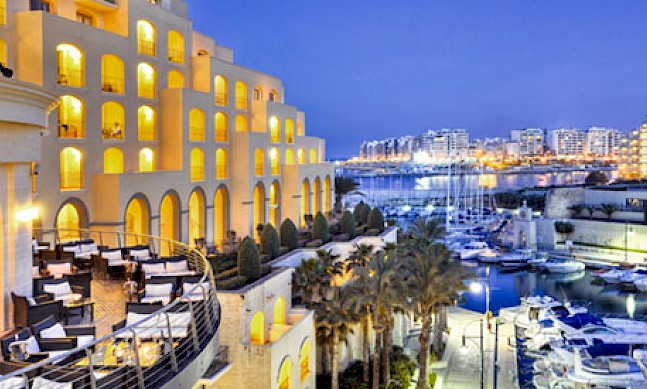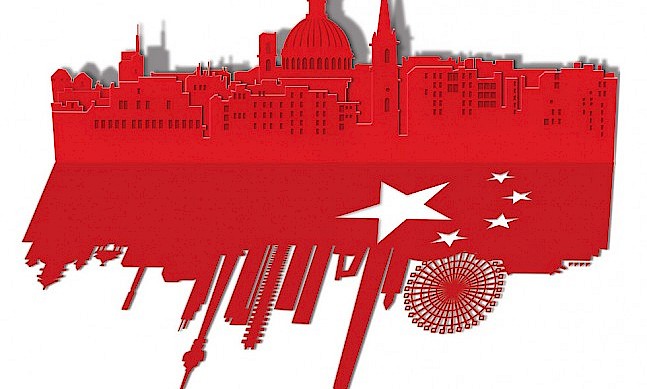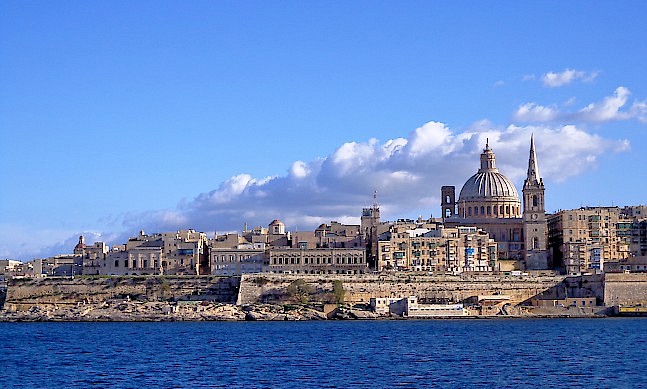Malta has traditionally relied on oil for power generation. But the country is embarking on a major overhaul of its energy sector which it hopes will leave oil behind, generate cleaner power and cut costs for Maltese families and businesses.
Energy frequently represents a daunting challenge for island nations, which often depend heavily on hydrocarbon imports for power generation. Malta is no exception and on coming into office, the current government was confronted not only with a longstanding reliance on oil, but also a high energy bill and a national power company, Enemalta, that was saddled with debts of €800 million. “We inherited an energy sector which required substantial and significant restructuring,” says Konrad Mizzi, minister for energy and health.
However, the administration believes it has now found solutions to these problems. In March, Shanghai Electric Power, a subsidiary of state-owned China Power Investment, agreed to take a 33 percent stake in Enemalta in a deal worth €320 million. That cuts the Maltese company’s debts substantially, while introducing major Chinese investment into the nation’s energy industry – something Malta hopes to see more of.
Enemalta has also commissioned the international consortium ElectroGas to help it shift emphasis from oil to gas in a deal that seeks to slash energy costs for the island and give it cleaner power.
The Shanghai Electric Power investment is seen as a major development for Malta’s energy landscape, and particularly Enemalta. Charles Mangion, chairman of the national energy company, says Shanghai Electric Power was an ideal partner due to its record in electricity generation and distribution. In addition, the inclusion in the deal of a joint venture in renewables was attractive for a country that is seeking to create a sustainable energy industry.
Reducing debt, raising cash flow
“The long-term strategic alliance strengthens and creates new opportunities for Enemalta, as this agreement facilitates knowledge transfer, technology and training for the benefit of the entity, employees and the country as a whole,” Mangion says. “It’s important also to underline the investment, €320 million, that will be directly invested in Enemalta. This reduces the debt exposure of Enemalta, reduces its financial costs and enhances to a great extent its cash flow.”
The energy ministry has given Enemalta a 2017 deadline to come out of the red, although it is optimistic the company will break even earlier than that.
Meanwhile, the government hopes the ElectroGas project will help it deliver on its political campaign pledge to cut electricity tariffs for Maltese consumers and businesses by a quarter. The ElectroGas consortium, made up of Germany’s Siemens, Azerbaijan’s SOCAR, UK-based Gasol and local group GEM Holdings, was contracted in 2013 to lead Malta’s shift from mainly oil consumption towards gas. That entails the construction of a new gas-fired power plant, the installation of an offshore gas storage facility, docked off Delimara, and the regasification of LNG deliveries to the island.
“The ElectroGas project is going to provide energy independence for Malta.”
Michael Kunz Project coordinator of ElectroGas
Post ThisA new energy mix
Konrad Mizzi says this is part of Malta’s drive “for a completely different mix of energy whereby we are going to have gas-fired power stations, significant investment in renewables which will include solar, waste-to-energy and biofuels. Fuel oil will disappear from the generation mix completely.”
ElectroGas plans to invest €370 million in the project, and its coordinator, Michael Kunz, says the power plant will be firing by 2015. He sees the benefits as going beyond reducing generation costs and introducing cleaner energy. “The project will provide energy independence for Malta, which will no longer be fully exposed to oil price fluctuations,” he says.
As Malta seeks to position itself as a key player in the Mediterranean, energy will almost certainly play a major role. The island’s ability to achieve its economic goals will be closely tied to the success of the investment projects it has embarked upon with ElectroGas and Shanghai Electric Power.
Renewable ambitions
As one of the world’s most densely populated nations, Malta faces major environmental challenges, but its difficulties in the areas of waste and renewable energy contrast with its success in water management.
A key component of the deal signed recently between Malta and Shanghai Electric Power was the setting up of a joint venture to design and build renewable energy infrastructure in Europe. This reflects not only the government’s ambitions in the energy industry, but also its focus on sustainability.
The country’s planned shift away from oil towards gas is expected to cut emissions by 50 percent, with major reductions also in particulate matter and sulphur. But air quality remains a concern for ordinary Maltese. Furthermore, the country’s record on waste management is poor, behind only Bulgaria and Greece in the EU. The arrival of 1.2 million tourists each year and Malta’s small size are major contributors to the waste problem, but the government is preparing an education campaign to battle this.
“With the switch to LNG, we are addressing the environmental and cost issues.”
Charles Mangion Chairman of Enemalta
Post ThisLooking north for inspiration
As Leo Brincat, minister for sustainable development, explains, Malta needs to look beyond its own borders for inspiration. “The fact that there is increased awareness has already shown that there is a need for improved standards,” he says. “Ideally I would like to be looking at Denmark and other Nordic countries [as examples] because when it comes to the green economy, the waste sector and environmental considerations, they are always leaders.”
Malta can point to the fact that it has already cut energy consumption by about a third over the last five years, with CO2 emissions reduced by an estimated 29,000 tonnes per year. So far, renewable energy has not contributed to that cut in emissions and Malta has plenty of ground to make up in that area: Eurostat figures from 2011 put the country at the bottom of the EU-27 when it came to renewable energy generation as a percentage of overall output. While the government says it is committed to the 2020 target for bloc members of ensuring 20 percent of generation is renewable, that remains a daunting objective.
The administration is confident that domestic and international initiatives can help it meet that target. The recent agreement with Shanghai Electric Power dominated the headlines, but schemes such as that unveiled last summer offering subsidies and rebates to help cover the costs of photovoltaic panels and solar water heaters could be key to encouraging smaller businesses and ordinary Maltese to see renewable energy in a different light.
Success with water
By contrast, an area which has already seen big strides forward is water management, with production cut in recent years by about 20 million cubic metres, due in great part to a new water leakage reduction system. “Today we are much more efficient in our distribution of water and therefore we don’t need to produce as much as we used to,” says William Wait, executive chairman of Water Services Corporation. He says Malta is the first Mediterranean country to treat 100 percent of its sewage.
“We need to produce good quality water at the cheapest price,” he adds. “Water is at the end of the day a basic human right so we need to make it affordable for everyone across the board.” Water Services Corporation’s recent decision to cut tariffs by five percent delivers on that aim, as well as making sustainability all the more necessary.
“We need to make sure we produce good quality water at the cheapest price.”
William Wait CEO of Water Services Corporation
Post ThisMeeting Malta's water needs
The Water Services Corporation says the commonly-held notion that Malta has water capacity issues is mistaken. On average, the country produces 60 percent of its water through reverse osmosis purification technology and the rest comes directly from the water table. The authorities say Malta would be capable of producing all the water needed at peak demand times purely from reverse osmosis plants, if that were necessary.
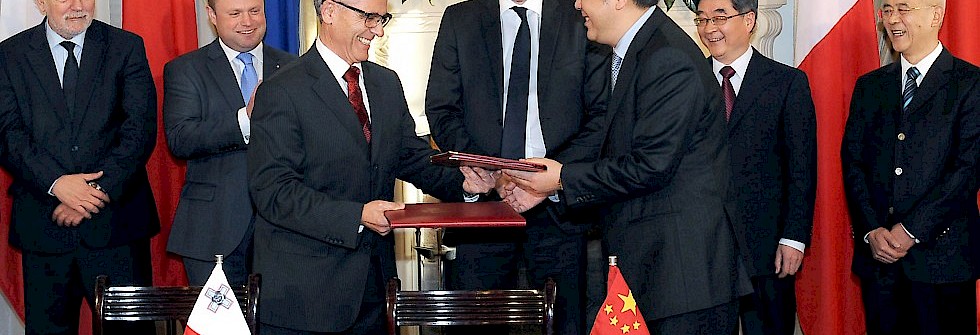 March 2014 saw Shanghai Electric Power announce a €320 million investment agreement with Enemalta. Photo: DOI - Pierre Sammut
March 2014 saw Shanghai Electric Power announce a €320 million investment agreement with Enemalta. Photo: DOI - Pierre Sammut


